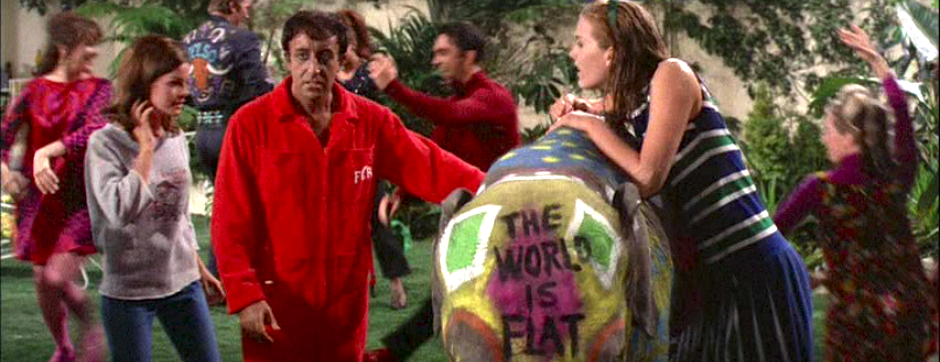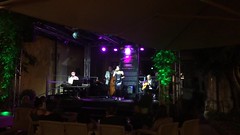From Roger Schank’s Education Outrage
Schools have always been about educating the elite in things that don’t matter much to anyone. This is fine as long as the elite don’t have to work.
Thus, says Schank, we ought to ask not “what do students need to know” but “What do they need to do in order to function in the world we inhabit” instead. This way, we wouldn’t come up with lists of “things” or facts that ought to be “known” by everybody. We wouldn’t recommend a list of “great books” everyone must read in the Western World.
Instead, Schank proposes, we’d investigate “How do we teach children to do those things?” The solution is thus:
Offer choices. Stop making lists of what one must know and start putting students into situations where they can learn from experience while attempting to accomplish goals that they set out for themselves, just as people did before there were schools. Education has always been the same: learning from experience with the help from wiser mentors. School has screwed that all up and it is time to go back to basics.
I fully agree with Schank, and I believe his reasoning applies also the the higher education world. However, he thinks that people -at least 95% of the population- do not need science and mathematics to function in the world. Which seems ludicrous to me. I mean, certainly nobody needs the sort of “science” memorizations many schools and teachers impose upon their students. Neither do we need the sterile calculations some math teachers exchange for mathematics. But we do need to understand what is science and how it works (because it works! and it helps us explain the very world we inhabit, and because the scientific method seems to me the *only* measure available against fundamentalisms).
This problem and confusion stems from the overimportance we tend to attribute to “content” and to the fact we believe in lists of things that must be universally known, without regard to their importance or utility.
This overstress on subject areas and content produces interesting and devastating results: we study a lot of literature, but are unable to understand the basics of how to vote, and how democracy (like marriage) must be worked upon constantly if we want it to succeed. We study not so much of science, and yet fail to understand the concrete implications of the climate crisis. We study social sciences, but do not remember recent history: thus we continue to call “democracy” systems with one ruling party and no opposition!
I could go on and on… just to stress this. We need a focus on what education needs to do and how: as a society we need to understand and agree on a set of common principles for education; just as Neil Postman wrote a long time ago.
In the 19th and 20th Centuries, when current education practices begun, few elites studied, and fewer needed to “really” work. Thus they could conform with Greek and Latin, Math, History and Literature, the so-called liberal arts. But now?
This is one of the reason we got started the e-Learn Manifesto project: see www.elearnmanifesto.org.




